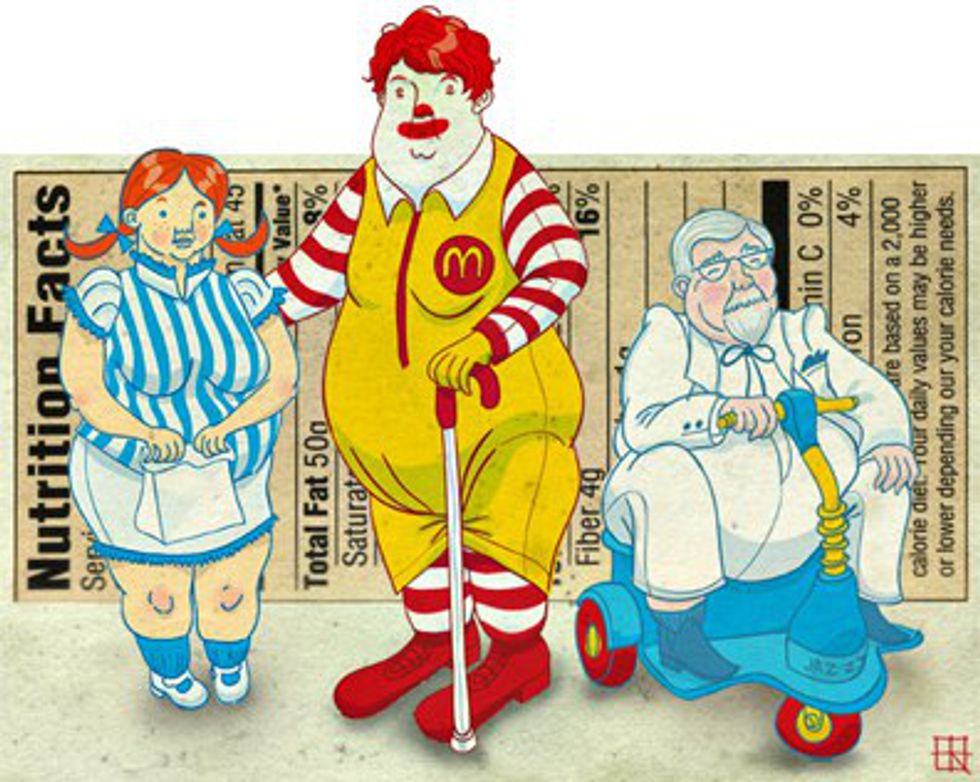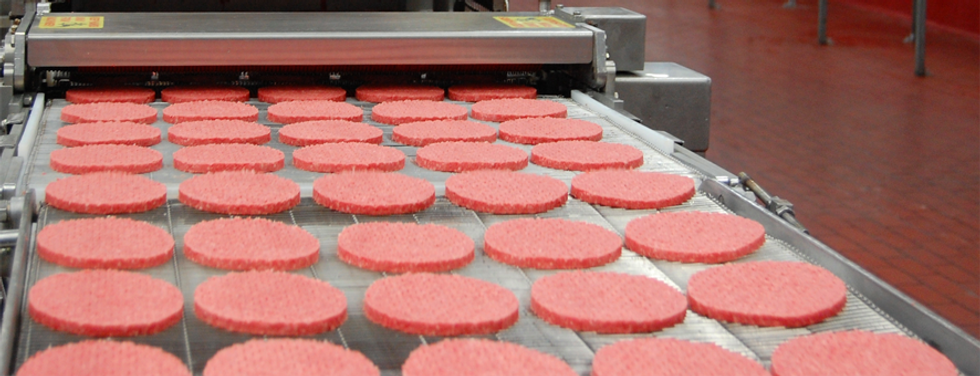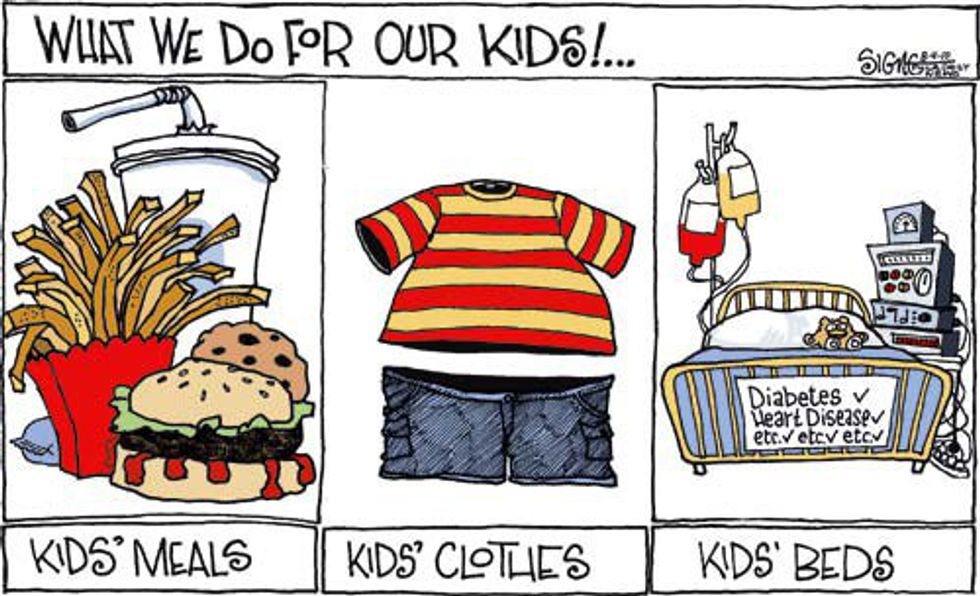According to the Centers for Disease Control and Prevention, “more than one-third of U.S. adults (35.7%) and approximately 17% (or 12.5 million) of children and adolescents aged 2—19 years are obese.” But, this alarming statistic is just an appetizer (pun intended) of how fast food affects to the American society. Eric Schlosser, a polemic writer known for his book Fast Food Nation, depicts the depravity of the fast food industry. While explaining the minutia about how the fast food industry is turning into a manufacturing industry, instead of staying a service industry, Schlosser gives a new meaning to fast food restaurants. He believes that manufacturing fast food is changing the American culture for the worse, by creating a society that wants everything now and wants it fast. Moreover, he expresses his concern for the behavior of an industry that does not realize the collateral damage it creates, for the whole purpose of profit. Although his book was written a number of years ago, I agree with Schlosser, and I believe that fast food has a negative impact not only on people’s health, but also on the economy and on the ethics of society.
When it comes to our health, fast food detriments it in so many ways. With more than one-third of the population being overweight, obesity is in the race for being America’s number one cause of death, its sponsor being fast food. Fast food advertising, which in most instances targets children, promotes binging in meals that are more than a thousand calories, or portion sizes of 24 chicken tenders, when the recommended portion is less than two. With this in mind, when kids grow to adore this kind of food, their taste buds tend to abhor natural, organic, and slow-cooked foods, which results in the ingestion of more fats and sugars than protein and greens. When a person is overweight, there is an increased risk of developing numerous diseases, from diabetes to cardiac and pulmonary problems. Some people may argue that obesity already existed before fast food restaurants started to establish themselves in the industry, even before McDonald’s was in the picture. However, in less than fifty years, the ratio of overweight adults changed to more than one out three Americans. Moreover, genetically modified ingredients, such as the corn with which cattle are fed, provide fast food restaurants with food that looks thicker, richer, and more colorful, but in reality is full of toxins, antibiotics, and carcinogens.
The fast food industry also denigrates the economy. McDonalds, for instance, has a reached a point where they are no longer part of the service industry; they are now part of the manufacturing industry. There is a systematic line of production, both in the factory and in the restaurant, that is still run by human beings; yet, the need to speed up the production process even more and get the cheapest labor available to make the most profit may soon be replacing those human beings with machines. Schlosser talks about the interests of McDonalds, for instance, on becoming part of the manufacturing industry. If the fast food giants become part of the manufacturing industry, it would seem that our country is a strong manufacturer to the eyes of the global economy. This might benefit the country, yes, but at the same time those fast food giants will be enjoying the tax breaks of the manufacturing industry, which are supported by their friends in the Republican Party.
Now, let’s take a look at fast food’s ethical impact on our society. First, fast food chains target children when advertising. McDonalds, for instance, not only awards children with a toy for eating their Happy Meal, but also hypnotizes them to believe that the clown’s food tastes better than their mother’s home-cooked food. In most fast food commercials, there is a kid enjoying a meal with their parents at the establishment; for small kids, who may not realize that what they see on television is fiction, eating at these places is the thing to do. The American Psychological Association further explains that children not only cannot differentiate between programming and advertising, but also may not understand that the goal of advertisement is to convince them to do something. This contributes to the growing culture of wanting things fast and cheap. Kids can be experts at demanding things immediately, and their parents usually please them. However, parents are no different, since they are always looking for ways to feed the whole family with what requires the less effort: fast food. With fast food restaurants at hand, families start to believe that it is faster, easier, cheaper, and better to feed themselves on these establishments rather than to cook at home.
With this new popular wave of healthy eating and veganism, fast food chains are forced to modify their menus. McDonalds and Wendy’s, for example, offer low calorie salads in moderated sizes that could somehow be better than the three-portion in a plate size served at diners and independently owned restaurants. Ultimately, however, the only ones responsible for the negative consequences is the consumer and society. A society that is not educated enough and fails to see that a smaller portion size and a salad cannot make up for the unhealthy consequences that genetically modified ingredients have on people's bodies, such as antibiotic resistance.
Schlosser adds to his argument that the main goal is to have food that will look and taste the same all around the globe. The industry looks forward to reaching every American home, with careless thought of what this massive movement may cause. The consequences are devastating: human health is jeopardized, the economy is burdened, and the values and morals are exchanged for money. The way fast food restaurants provide food is no longer providing a service, but providing manufactured goods. Even though food looks like it was a generation ago, it is not the same at its core, and mass-producing it has proven detrimental to society, bringing too much negative effects on life. Food is no longer natural or local; on the contrary, it is manmade and global.
























